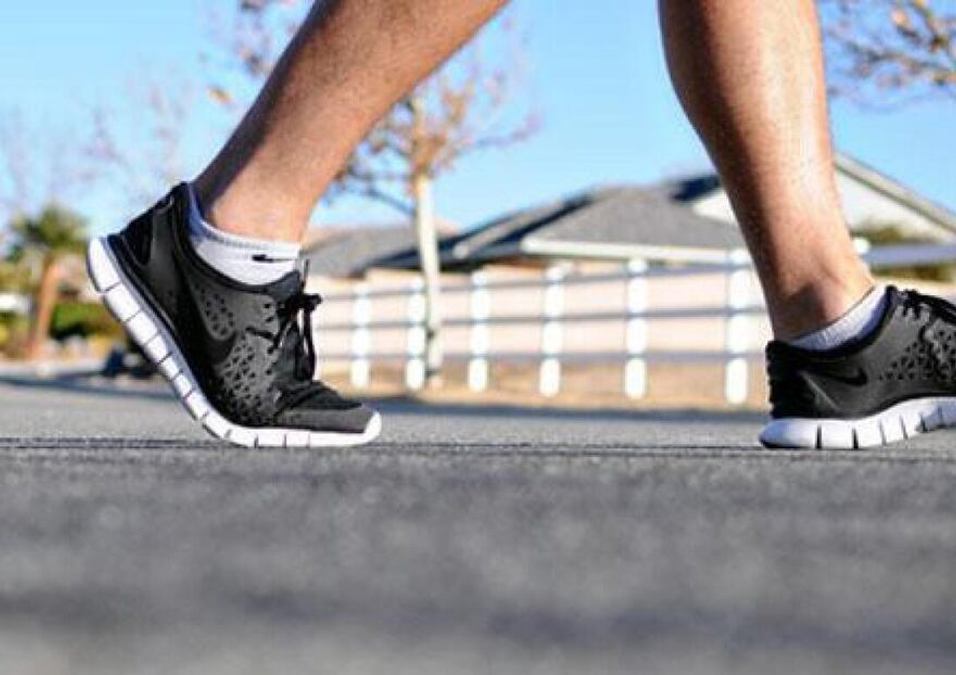Steps Aren't Enough

SIGN UP FOR YOUR FREE DAY PASS TODAY!
Do you stop at 10,000 steps a day? Or perhaps you know someone who views walking as their main exercise?
Doctors agree that while walking is a valuable addition to any workout plan, it shouldn't be the only form of exercise for a balanced fitness routine. It's also not generally considered a sport.
Dr. Mohammed Metwally, an orthopedic surgery consultant at Medcare Royal Speciality Hospital in Al Qusais, explained to Khaleej Times that sports usually involve more intense physical effort, competitive aspects, and specific rules.
He said, "Walking is an excellent low-impact exercise that can vary in intensity and is accessible to most people.
Some types of walking, like brisk walking, interval walking, hill walking, and Nordic walking, offer more significant health benefits."
Dr. Metwally emphasized that while walking has numerous health advantages and can greatly contribute to overall fitness, it's best when combined with other types of exercise.
"Incorporating strength training, flexibility exercises, and high-intensity interval training will create a well-rounded fitness regimen," he advised.
Is Walking a Sport?
Dr. Matilde Valade, an osteopath at Wellth, shared her thoughts on whether regular walking can be classified as a sport.
She mentioned that sports are typically defined by certain characteristics such as physical activity, rules and regulations, competitiveness, and an organized structure.
"If walking as a regular exercise follows these criteria, then it can be considered a sport," she noted, adding that "walking offers a wide range of health benefits similar to higher-intensity activities."
Similar Benefits to Running
"Research indicates that walking at a moderate intensity provides benefits comparable to higher-intensity running, making it just as effective as other forms of exercise," Dr. Valade continued.
She pointed out that various types of walking, such as brisk walking, power walking, race-walking, Nordic walking, hill walking, interval walking, treadmill walking, and walking with weights, offer significant health benefits.
"For a comprehensive fitness routine, it's advisable to pair regular walking with other exercises," she recommended.
A balanced regimen should include cardio activities like walking, running, and swimming; strength training with resistance bands or bodyweight exercises; flexibility exercises like yoga and stretching; and balance and coordination exercises.
Benefits of Walking
Despite not being classified as a sport by everyone, walking remains highly beneficial. Dr. Metwally listed several advantages:
· Improves heart and lung function, reducing the risk of heart disease and stroke.
· Helps manage blood pressure and burn calories for weight control.
· Strengthens bones and muscles, lowering the risk of osteoporosis and joint issues.
· Reduces stress, anxiety, and symptoms of depression, enhancing mood and overall mental well-being.
· Regulates blood sugar levels and improves insulin sensitivity.
· Enhances flexibility, balance, and coordination, reducing the risk of falls, especially in older adults.
Source: khaleejtimes
The opinions shared in the GymNation blog articles are solely those of the respective authors and may not represent the perspectives of GymNation or any member of the GymNation team.
GET YOUR FREE TRIAL TODAY

















































































